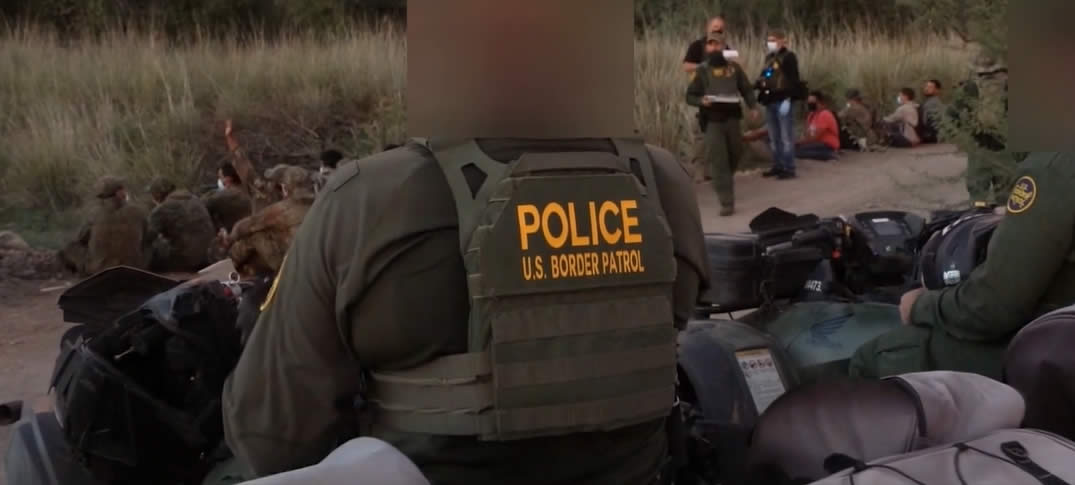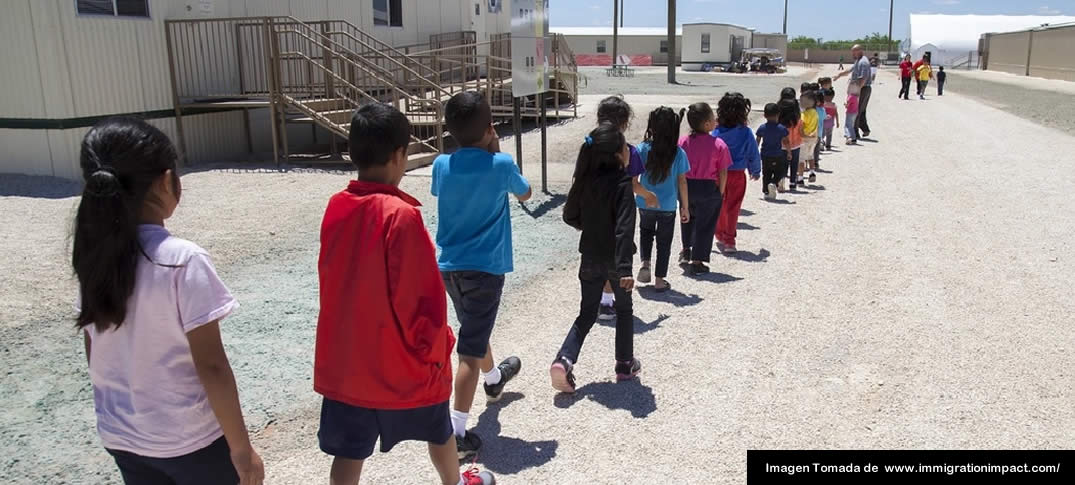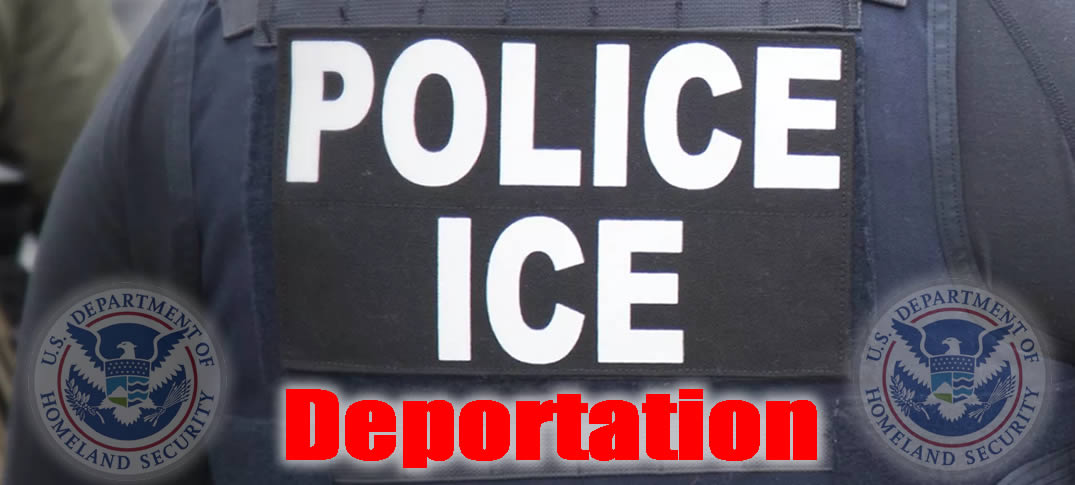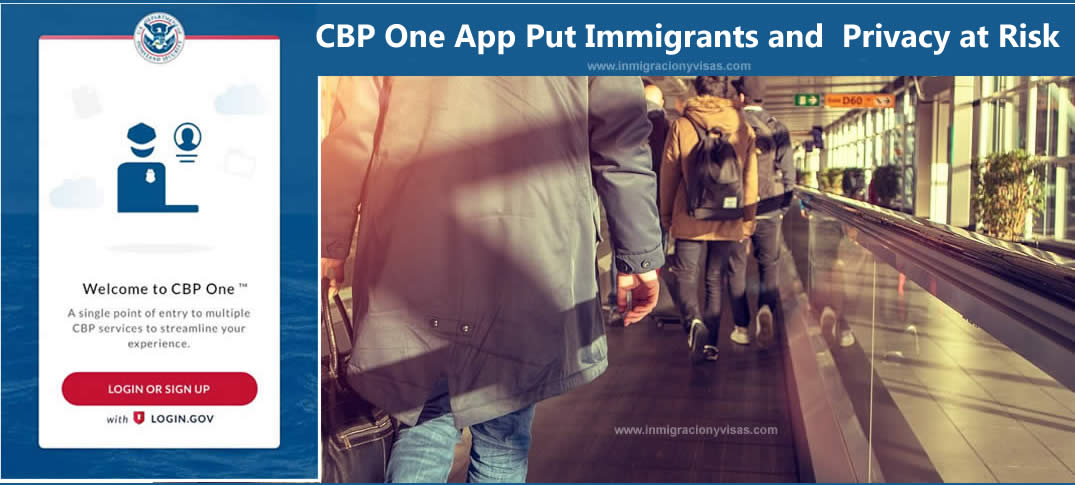In 2022, more than one in five Florida residents were immigrants. In that same year, immigrants in Florida were over 14% more likely than their U.S.-born neighbors to be of working age, positioning them to actively participate in the labor force and economy. And they did just that—immigrants contributed $12.0 billion in state and local taxes, punching above their weight as they made up only 26.6% of the state’s workforce.
Despite these contributions, Governor Ron DeSantis and other state leaders continue to support policies that harm immigrants, their families, and the Florida community at large. These policies also exacerbate workforce shortages, resulting in undue harm to businesses and instilling fear and uncertainty among the immigrant community.
During the last decade, some Florida leaders have advanced anti-immigrant policies, despite community pushback and legal challenges, that would negatively impact key Florida businesses and industries such as tourism. Despite these concerns, state leaders have continued to introduce and pass harmful legislation targeting immigrants, leading to detrimental rippling effects across Florida. Some recent policies include:
- SB 168 (2019): Required every Florida county and municipality to enforce federal immigration laws.
- SB 1808 (2022): Expanded upon SB 168 to force law enforcement agencies operating county detention centers to enter “287(g) ” agreements with U.S. Immigration and Customs Enforcement (ICE).
Continúe leyendo https://inmigracionyvisas.com/a6063-Immigrant-Workers-Help-Florida-Thrive.html
















